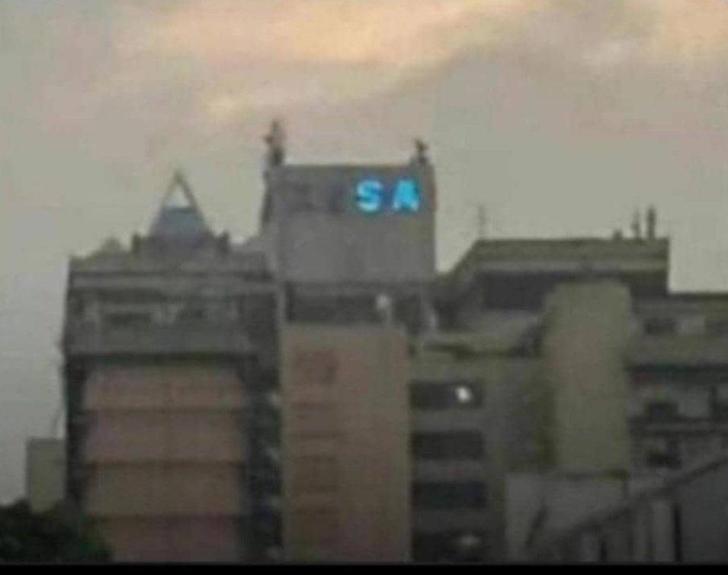News / National
Power outages worsen Bulawayo water crisis
29 Nov 2024 at 07:11hrs |
0 Views

Bulawayo City Council (BCC) has announced an interruption in water supply to all residential areas, following power outages caused by heavy rains in the Mzingwane and Inyakuni areas. The city, which relies on five surface water sources from the Mzingwane catchment and a groundwater source in the Gwayi catchment area, is grappling with reduced water delivery capacity.
In a notice issued this week, town clerk Christopher Dube explained that the disruptions had led to a significant decrease in raw water delivery to key treatment plants, including Ncema and Fernhill. This reduction, in turn, has compromised the treatment capacity at these facilities.
"To prevent reservoir collapse and protect water supply and distribution infrastructure, there will be disruptions to the 130-hour shedding schedule," Dube said. The water-shedding regime, which was introduced in October, had already limited high-density areas to 350 liters per day and low-density suburbs to 550 liters per day.
Dube further clarified that water supply would be cut off to all residential areas, with the exception of industrial zones and the central business district. "Normal water supply will resume once repair work is completed and the city's water reservoirs are stabilized and balanced," he said. He assured residents that teams from the Zimbabwe Electricity Transmission and Distribution Company (ZETDC) were working to restore power to the affected areas.
The city's ongoing water crisis has been exacerbated by several factors, including inadequate rainfall leading to low water levels at supply dams, a growing population, and the failure of both local and central government to develop additional water sources for the city. Although the government has allocated US$15 million to help alleviate the situation - partly by duplicating pipelines to draw water from substitute dams - works at the Gwayi-Shangani project, which is expected to be a long-term solution, have stalled.
In response to the crisis, the council has urged residents to use water sparingly, fix leaks, and reuse water where possible. As a result of the ongoing water shortages, many residents have turned to boreholes and nearby rivers as alternative sources of water. However, this has raised concerns about the potential for water-borne diseases, further complicating the city's health challenges.
BCC has apologized for the inconvenience caused by the erratic water supply and has called for understanding from residents during this difficult period.
In a notice issued this week, town clerk Christopher Dube explained that the disruptions had led to a significant decrease in raw water delivery to key treatment plants, including Ncema and Fernhill. This reduction, in turn, has compromised the treatment capacity at these facilities.
"To prevent reservoir collapse and protect water supply and distribution infrastructure, there will be disruptions to the 130-hour shedding schedule," Dube said. The water-shedding regime, which was introduced in October, had already limited high-density areas to 350 liters per day and low-density suburbs to 550 liters per day.
Dube further clarified that water supply would be cut off to all residential areas, with the exception of industrial zones and the central business district. "Normal water supply will resume once repair work is completed and the city's water reservoirs are stabilized and balanced," he said. He assured residents that teams from the Zimbabwe Electricity Transmission and Distribution Company (ZETDC) were working to restore power to the affected areas.
The city's ongoing water crisis has been exacerbated by several factors, including inadequate rainfall leading to low water levels at supply dams, a growing population, and the failure of both local and central government to develop additional water sources for the city. Although the government has allocated US$15 million to help alleviate the situation - partly by duplicating pipelines to draw water from substitute dams - works at the Gwayi-Shangani project, which is expected to be a long-term solution, have stalled.
In response to the crisis, the council has urged residents to use water sparingly, fix leaks, and reuse water where possible. As a result of the ongoing water shortages, many residents have turned to boreholes and nearby rivers as alternative sources of water. However, this has raised concerns about the potential for water-borne diseases, further complicating the city's health challenges.
BCC has apologized for the inconvenience caused by the erratic water supply and has called for understanding from residents during this difficult period.
Source - newsday
Join the discussion
Loading comments…

































